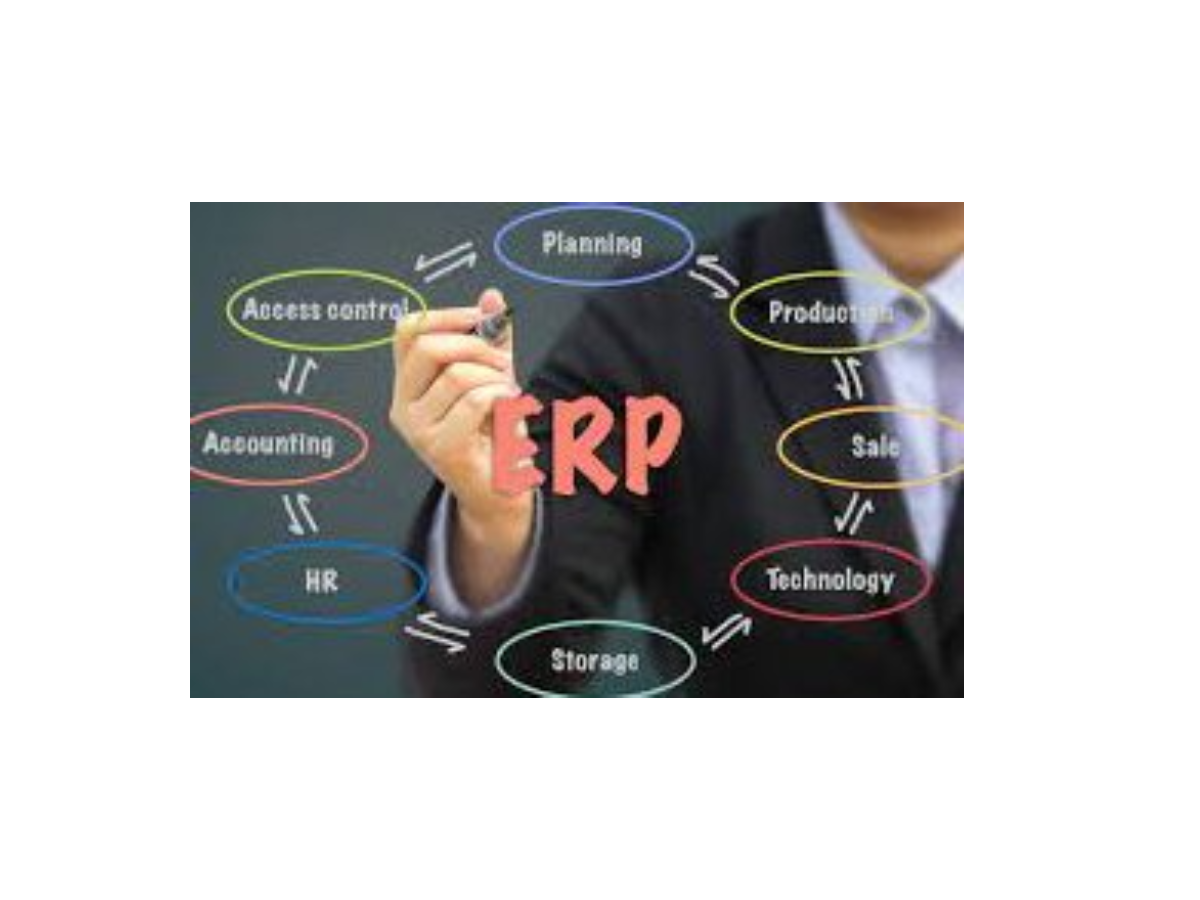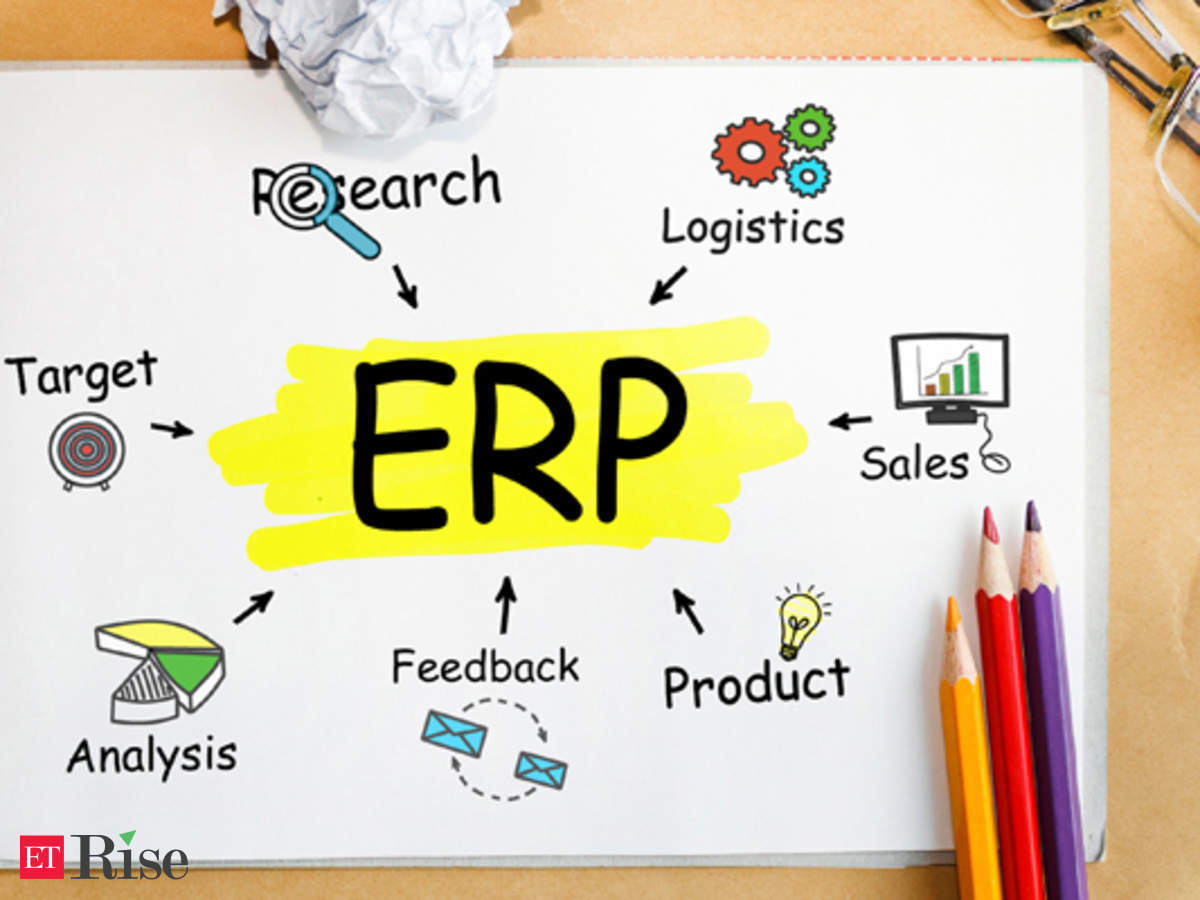Streamlined corporate procedures, centralized administration, quick decision-making, and clear analytics have all become necessary for every company to prosper in today’s world. Many organizations are increasingly implementing smart Enterprise Resource Planning (ERP) software to satisfy this need. While every sector has its motivations for deploying ERP software for the pharma industry, there are a few unique criteria.
Due to very competitive marketplaces and the implementation of tight production rules, the pharmaceutical business has undergone significant changes in recent years. Companies today have to deal with knowledgeable customers, thus maintaining the highest quality standards across all operations has become critical. The introduction of multinational players into the pharmaceutical industry has spurred the need for better-coordinated processes to allow for speedier manufacturing while yet adhering to all laws.
Because of the shifting market conditions, organizations are now adopting powerful ERP software that integrates and automates all of the important operations. ERP software for the pharma industry not only allows for the consolidation and integration of pharmaceutical manufacturing processes across multiple units but also aids businesses in tracking sensitive operations such as compliance, expiry management, quality, formulation, costing, yield, and more.
In an industry that is very dynamic while adhering to strict compliance standards, having a system that promptly provides accurate, actionable information becomes critical. Pharmaceutical companies benefit from the correct ERP since it helps them organize their procurement procedures while also cutting manufacturing and delivery times. It also aids them in handling all financial matters by providing a comprehensive picture of payments and the complete supply chain.
Benefits of Using ERP in the Pharmaceutical Industry are:
- Management of Compliance
- Material traceability in both directions in real-time.
- Batch tracking and yield reconciliation in WIP.
- Management of BMR/BPR under GMP.
- Expiry notifications and FEFO-based material use eliminate waste.
- IPQC, In-Process Inspection, and Certificate of Analysis Management are all examples of quality management. Reporting of data at multiple levels.
- Manage microbiology lab testing that is outsourced.
- Reduce operational work by setting up automatic alerts across departments.
ERP software has become an integral component of business management as markets continue to contract. Pharma businesses must re-engineer their operations regularly to keep up with global competitiveness and preserve quality. Using complete ERP software for pharma is critical in scaling and growing enterprises in this industry.
Our way of life and work has been taken over by technology. Like all major and small sectors, the pharmaceutical industry is undergoing tremendous adjustments to adapt to these changing times. Pharma firms throughout the world are dealing with a variety of issues, including growing process complexity, changing customer dynamics, healthcare regulations, an abundance of data without the infrastructure to exploit it, and more. As a result of the shifting tides, pharma businesses began to see ERP as a panacea for solidifying their IT framework and implementing cutting-edge technology.
To generate a batch, the drug manufacturing process entails meticulous formulation and monitoring of raw material constituents and finished product yields. Defining medication production techniques, phases, volumes, and so on are all part of the pre-formulation stage. Pharma businesses may ensure automated management of complex formulations with a comprehensive ERP system without constantly monitoring productions or worrying about manual errors.
Why ERP is Essential for Success in the Pharmaceutical Industry
- Enhanced Inventory Control: ERP systems provide precise tracking of raw materials and automate inventory control, ensuring accurate management of supplies, including expiration-sensitive items.
- Compliance and Quality Assurance: Automated adherence to Good Manufacturing Practices (GMP) and quality control protocols minimizes manual errors and maintains high production standards.
- Reduction of Waste: ERP software uses FEFO-based (First Expired, First Out) material utilization, which reduces waste by ensuring perishable items are used in order of expiration.
- Real-Time Data Insights: With instant access to data, pharmaceutical companies gain valuable insights, supporting quick decision-making and efficient management of complex workflows.
- Advanced Reporting Capabilities: Detailed reporting across production stages aids in compliance with health authorities and supports data-driven decision-making.
- Resource Optimization: ERP software manages resources effectively, reducing lead times and enabling on-demand production to meet market needs.
- Adaptability to Market Changes: As market demands and customer needs evolve, ERP software supports scalability, allowing pharmaceutical firms to remain competitive.
Incorporating ERP solutions helps pharmaceutical companies navigate complex regulations, streamline operations, and maintain the flexibility needed to adapt to industry changes, making ERP a critical tool for sustainable growth.



